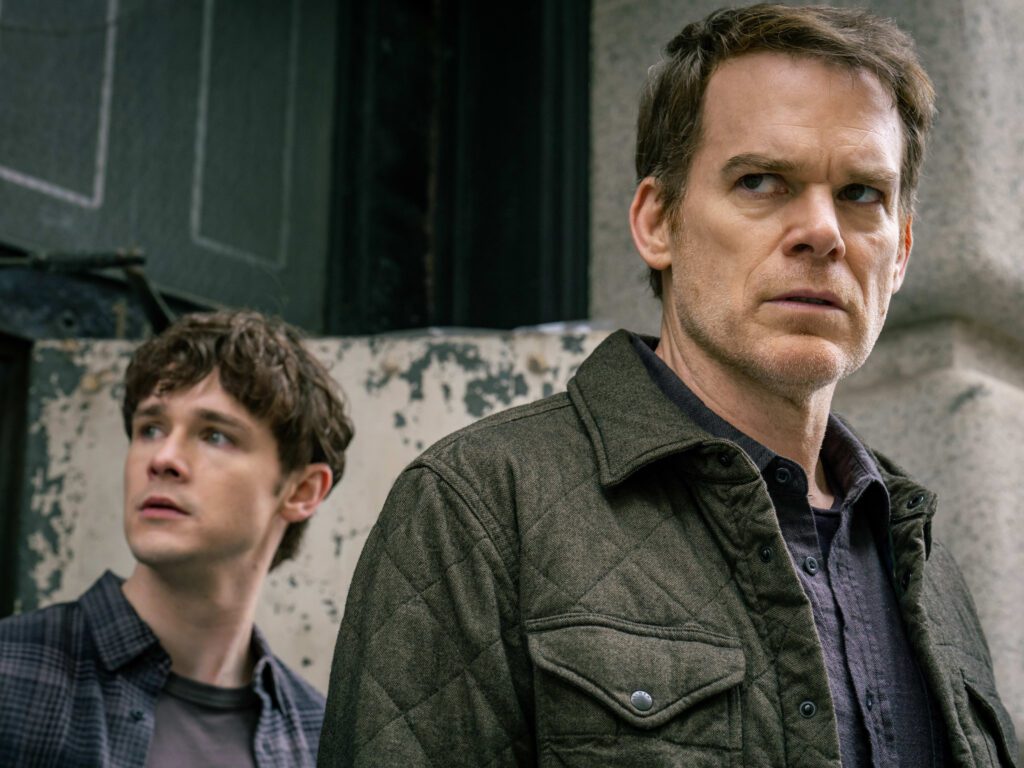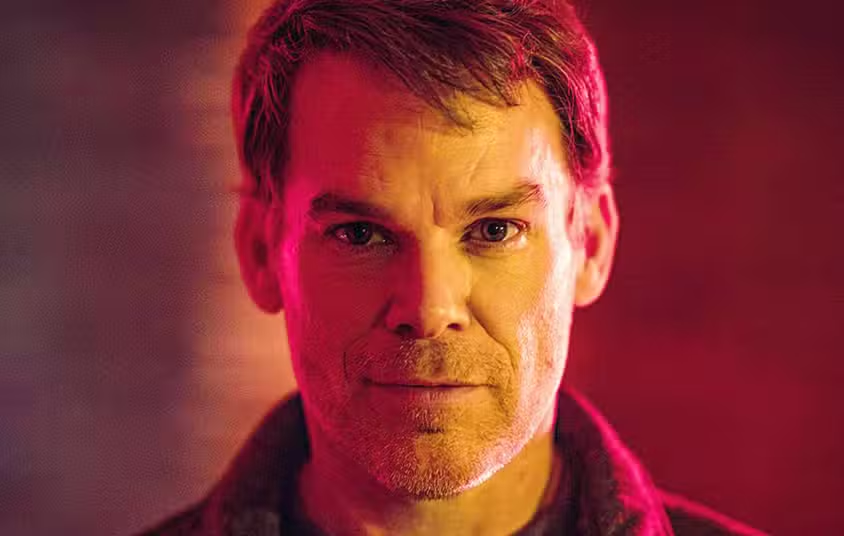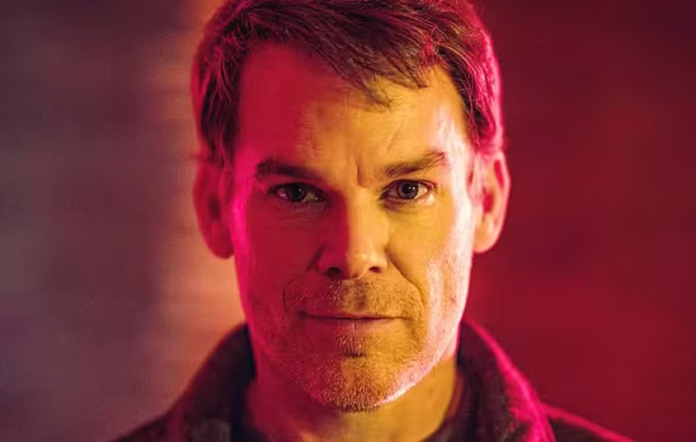With fresh characters, gripping storytelling, and Dexter’s moral evolution, let us see why Dexter Resurrection stands as one of the best things to happen in television in recent years.
-Robin Bhuyan
When Dexter Resurrection was announced many fans thought it would be just a cheap nostalgia cash-in. This is mostly due to the disappointment fans felt with Dexter: New Blood and the last season of the original Dexter TV series.
However, Dexter Resurrection turned out to be a confident reinvention that actually improves on what made the original series addictive. It takes the core idea of a man who kills but believes he is protecting society and turns that moral conflict into something richer, sadder, and often unexpectedly tender. The result is a ten-episode run that, episode after episode, keeps us glued to the screen.
(Spoilers Ahead)
Story and stakes
Resurrection picks up weeks after the events of New Blood. Dexter surprisingly survives being shot by Harrison and soon he finds himself in action in New York, where along with his son Harrison, he is forced to confront new predators and a new antagonist in Leon Prater, a billionaire fascinated by serial killers to the point where he “collects” them. The show avoids repeating old plotlines and instead sets up a tighter, higher-stakes mystery while giving the characters room to grow. The story is lean enough to keep moving but flexible enough to allow for quieter, emotional moments between scenes of tension and violence. Key moments such as Prater’s schemes, Batista’s tragic turn, and the father-son showdown all land with genuine weight.

Characters and performances
Michael C. Hall returns with the layered complexity that made his character iconic. And this time Resurrection gives him something new to explore: the possibility of trying to be a good person instead of just following his code. That shift feels subtle but convincing. Jack Alcott and the younger cast add strong support, while guest stars, most notably Peter Dinklage as the menacing yet charismatic Prater, raise the stakes. The show balances grotesque moments with tender ones, and the actors make both sides believable. Many critics have been broadly positive, calling it a masterpiece, and audiences have responded strongly too.
Where Resurrection wins: Moral Evolution
This is the heart of why Resurrection feels like more than just another revival. Dexter is not magically redeemed, but for the first time we see him really facing what it means to be good. One of the main points to be noted here is that Dexter finally becomes a good person or at least starts walking that path. Even in the earlier show he always risked himself to protect innocents, but in Resurrection he goes one step further.
The best example is when he refuses to kill Batista even though Prater tempts him with money and power. That refusal is massive. It proves Dexter is beginning to weigh consequences beyond his own survival. The choice hurts him and costs him, which is exactly why it feels so meaningful. Despite knowing that Batista will never stop trying to hunt him down, he decides to help and free his former friend and partner. This is the kind of character development that makes Resurrection worth watching.
Harrison: Finally given space
Harrison’s story is also improved. He is no longer just a plot device or a dark reflection of his father. Here, he struggles with his legacy and guilt, and like his father he genuinely tries to become a better son and a better person. The father-son relationship is no longer that fragile, and Harrison’s growth is shown in believable steps instead with shock value. This quieter character work is one of the show’s most important strengths, and it pays off in the season’s most intense scenes. Personally, Harrison’s growth is a highlighted of the series and should not be understated.
Pacing and thrills
Resurrection keeps the tension high, and it doesn’t bore us or waste our time. It keeps us engaged and takes itself seriously from the first episode itself. The show avoids filler and stays focused on the central mystery and the family drama. That discipline makes for a season that is consistently engaging. For anyone worried the franchise was dead and there is nothing left to say (since most of the main characters are dead), this season is proof that there is always more to explore.

The one misstep: the Finale
If there is a weak point, it is the finale. The last episode feels shorter than it should and does not deliver a jaw-dropping payoff. Nothing shocking or groundbreaking happens, and it ends in a way that feels predictable for longtime Dexter fans. After such a strong season, that can feel underwhelming. The finale also hints towards setting up a second season rather than in wrapping up this one. Still, the emotional beats remain intact, even if some of the plot resolutions feel incomplete.
Why Dexter Resurrection matters in the TV landscape
Resurrection shows how to revive a beloved show without simply recycling the past. It takes lessons from the failure of New Blood and from the disappointing ending of the eighth season, and it rebuilds the relationship between viewers and its antihero. The series keeps the dark edge but also allows Dexter to become something more than just a monster in disguise. This makes Resurrection one of the most impressive revivals in recent years. Audience response and critic scores reflect that same enthusiasm.
Rating: 8.5 out 10 stars
